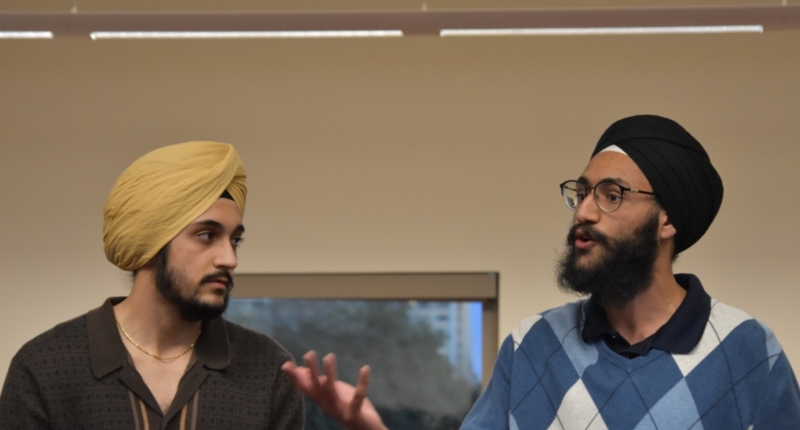The Undergraduate Student Government (USG) at USC unanimously voted in support of two resolutions in response to caste-based discrimination and human rights violations. One resolution calls for the addition of caste to USC’s Title IX code of non-discrimination, while the other addresses the unlawful detainment of Sikh activist Amritpal Singh and human rights violations in Punjab. The resolution passed by USG denounces civil liberties suppression, including unlawful arrests, internet shutdowns, and censorship of free speech. The Sikh Students Association urges the USC administration to recognize current events affecting the Punjab community and to encourage community members to utilize resources provided by the Religious and Spiritual Life Committee and the Sikh Student Association.
USC Student Government Supports Resolutions Against Caste-based Discrimination and Human Rights Violations
At Tuesday night’s meeting, the Undergraduate Student Government (USG) voted unanimously to support two resolutions. The first resolution proposes adding caste as a protected category in USC’s Title IX code of non-discrimination, while the second addresses the unlawful detainment of Sikh activist Amritpal Singh and human rights violations in Punjab.
Caste is a system of oppression in which social status is determined by birth. It affects more than a billion people across different religions and countries. Hindu societies assert one’s “spiritual purity” based on four main caste groups: Brahmins, Kshatriyas, Vaishyas, and Shudras, as well as those outside the caste system, known as Dalits.
While USC currently prohibits discrimination that includes many of the identities intertwined with caste, it does not explicitly condemn caste-based discrimination. Therefore, the first resolution seeks to address this gap in protection.
The second resolution addresses the recent detention of Sikh activist Amritpal Singh and the human rights violations in Punjab. Since March 18, over 100 Sikh activists have been arrested or raided without a warrant. India also cut off internet access to 27 million people in Punjab as it continued its widespread manhunt for Singh.
Several leading higher education institutions, such as Harvard University, Georgetown University, Brown University, Brandeis University, UC Davis, all California State universities, and Scripps College, have already added caste to their non-discrimination policies.
The passage of these resolutions is a significant step in the right direction towards ending caste-based discrimination and protecting the rights of oppressed communities. It sends a message that USC is committed to being an institution that values and protects the rights of all individuals.
USC Student Government Condemns Civil Liberties Suppression and Encourages Support for Affected Communities
The Undergraduate Student Government (USG) recently passed a resolution denouncing the suppression of civil liberties, including unlawful arrests, internet shutdowns, and censorship of free speech. The resolution also urges the administration to recognize current events affecting the Punjab community and encourages community members to utilize resources provided by the Religious and Spiritual Life Committee and the Sikh Student Association.
Saihaj Gulati, president of the Sikh Students Association, emphasized the importance of supporting affected communities in the face of human rights violations worldwide.
Don’t miss interesting posts on Famousbio









